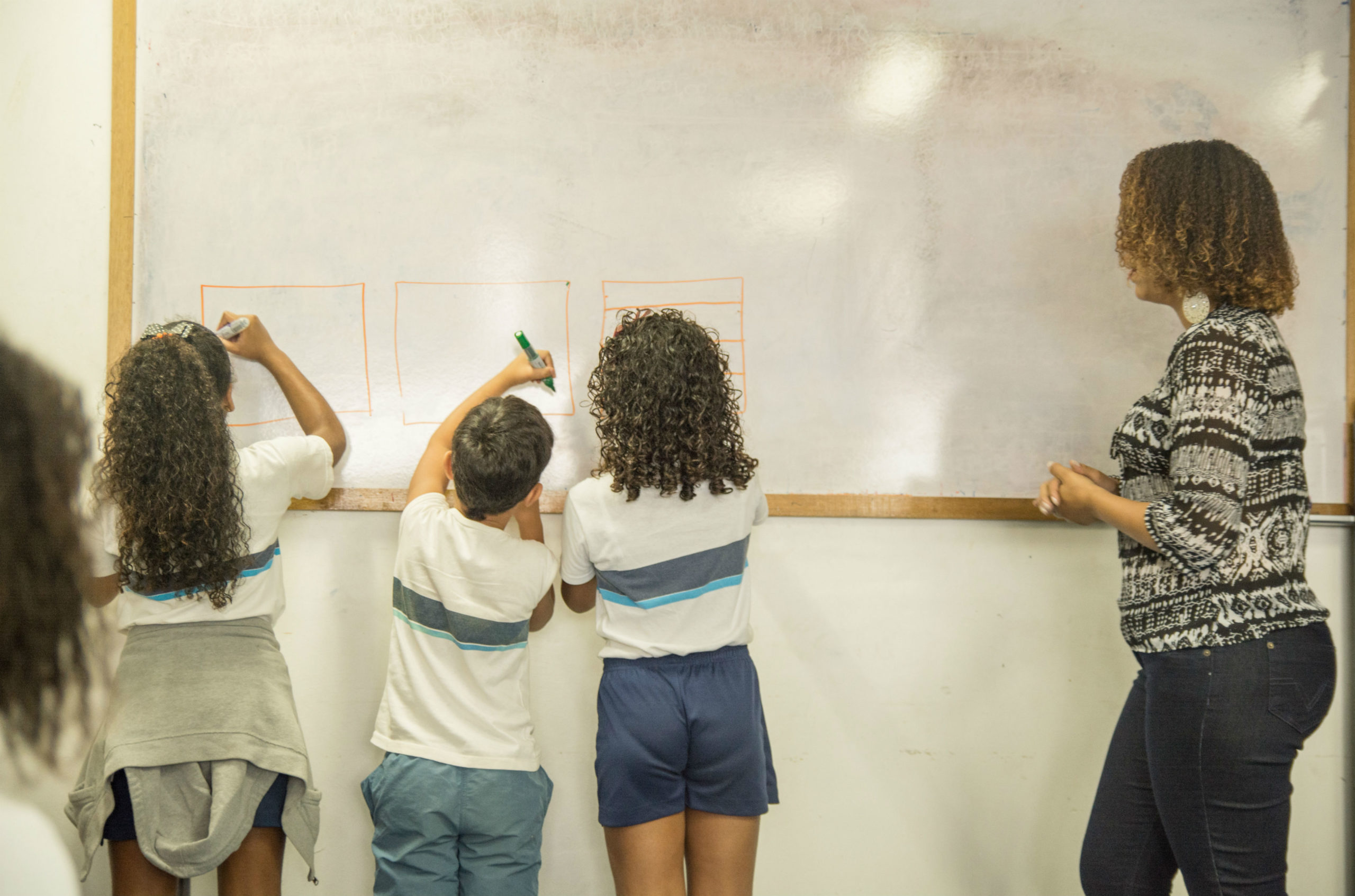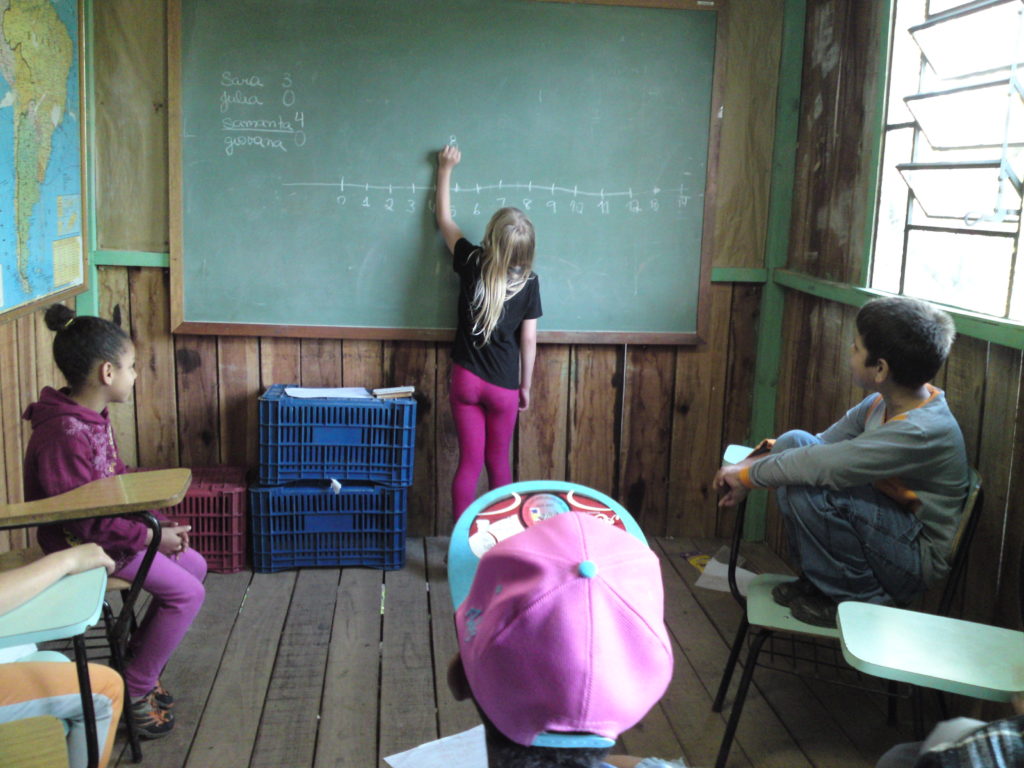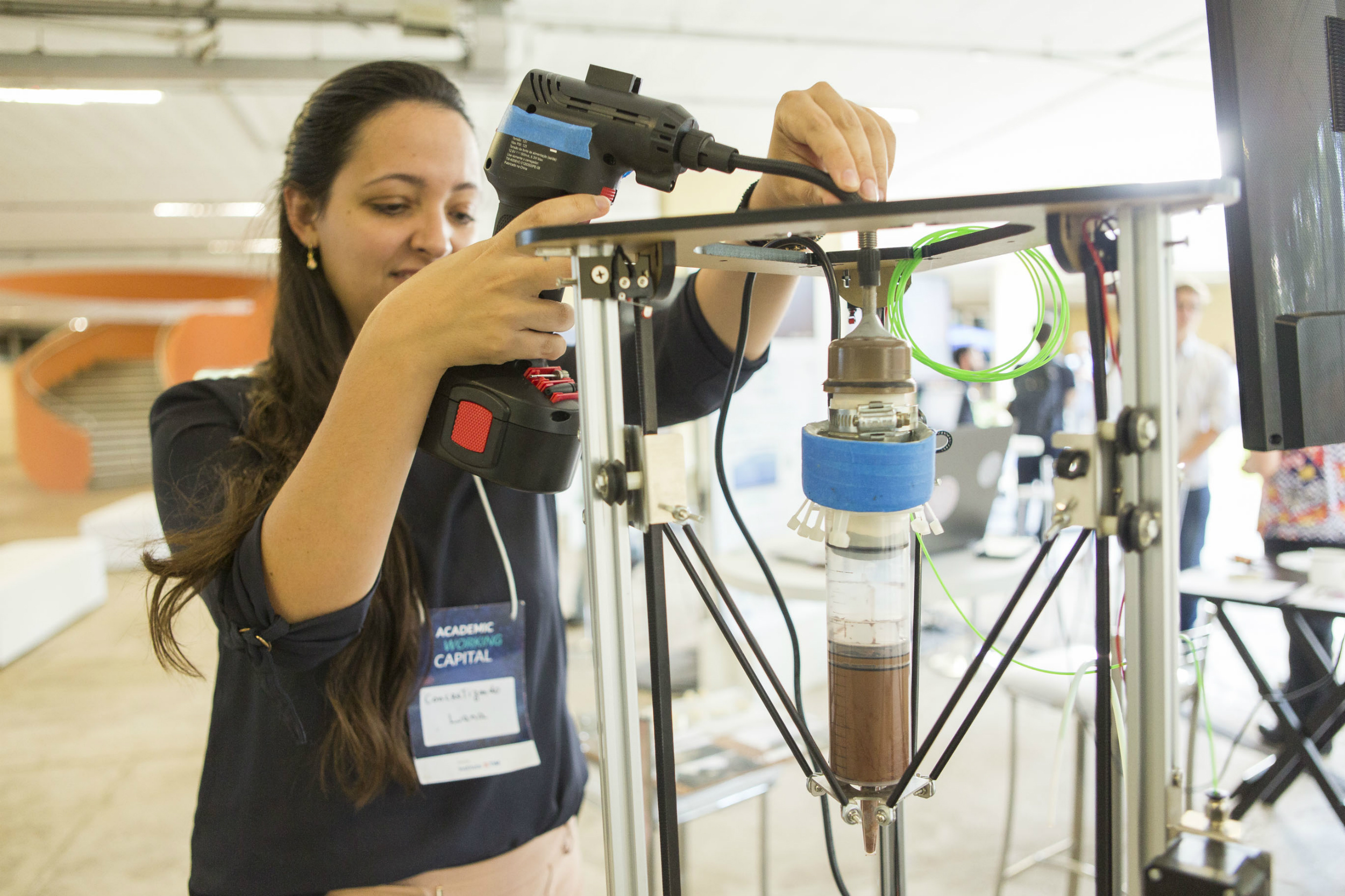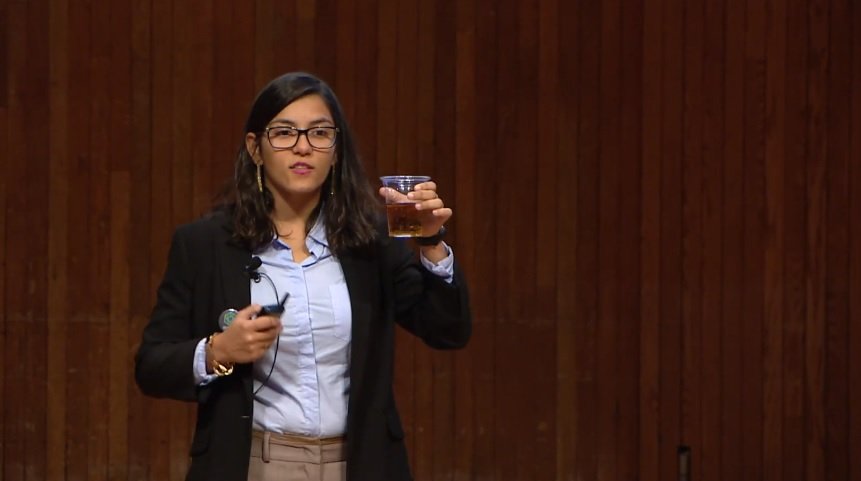
The research “Mathematics of children and parents”, carried out by O Círculo da Matemática do Brasil in 2017, showed that parents’ knowledge in Mathematics, attitudes toward the subject and engagement in their children’s activities influence children’s performance. The survey interviewed and tested 1,512 pairs of children from 3rd and 5th grade from public schools and their parents (or guardians) in 20 cities across the country. This is the second survey to go beyond the scope of the project: in 2015 the study “Mathematics of Adults” found, among other conclusions, that 75% of adults interviewed could not make simple averages and understand fractions.
This time, the mathematical skills of children and their parents were investigated – for the children, the ICM (Mathematical Competence Index) was calculated based on the curriculum taken from the 3rd and 5th grade; for the parents, the ICMparents was based on Organization for Economic Cooperation and Development (OECD) measurements and adult mathematical literacy tests. The children also answered questions about studying and liking for Math and their parents, questions about how they feel about Math and about their attitudes and engagement (use of time) about their children learning.
The purpose of the research was to understand the relationship between children’s Mathematics and their parents’ Mathematics, or how learning Mathematics in Elementary School depends on the influence of families. The study found that children of parents who know more Math do better in the subject. The impact that the knowledge that parents has is equivalent to one and a half year of Math classes (80% of the difference between a child being in the 3rd or the 5th grade). It is a 3 times greater influence than that of the parents being unemployed.

Parents’ attitudes regarding Mathematics and their involvement in children’s school life also influence children’s performance. Parents who know the name of their child’s teacher have children with an ICM 23% higher than other children. Parents who know what their children have studied have children with an ICM 17.5% higher. Involvement of parents produces a similar influence to that caused by knowledge. In other words, parents who do not know Math can compensate for the negative effect of this with better attitudes toward the subject and greater involvement in their children’s school life.
“The most important result was the evidence that parents’ Mathematical knowledge affects children’s Mathematical knowledge. But it is not enough. Parents’ attitudes toward Math and their parenting practices in the home also have an effect. This is the main thing,” summarizes Flavio Comim, research coordinator and Professor at the Federal University of Rio Grande do Sul and the University of Cambridge. “It is worth noting, however, that 93% of parents feel that the school does a good job of teaching Mathematics. Thus, it is difficult to put pressure on politicians for the betterment of education if, for lack of knowledge, we think it is good.”
The research also reinforced the idea that the opportunity to learn Math is done in a short-time window: all 7-year-old children interviewed said they thought Math was “cool”, a percentage that falls progressively until, at the age of 13, rejection for the subject surpasses the likes for it. The lack of support at home for studying Mathematics also influences this result. Children begin by enjoying discipline, but little by little, due to what happens in school and due to what happens at home, they fall behind.






































































































